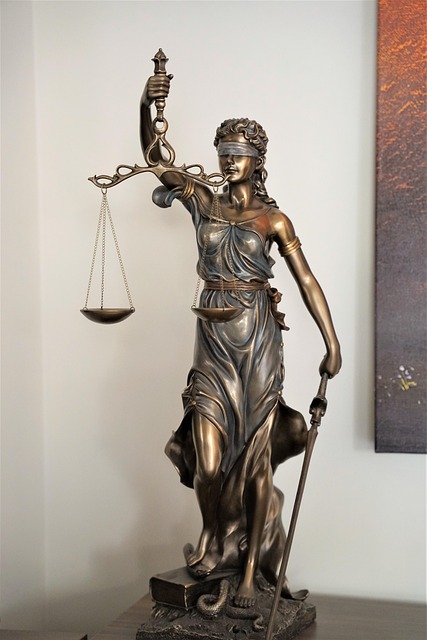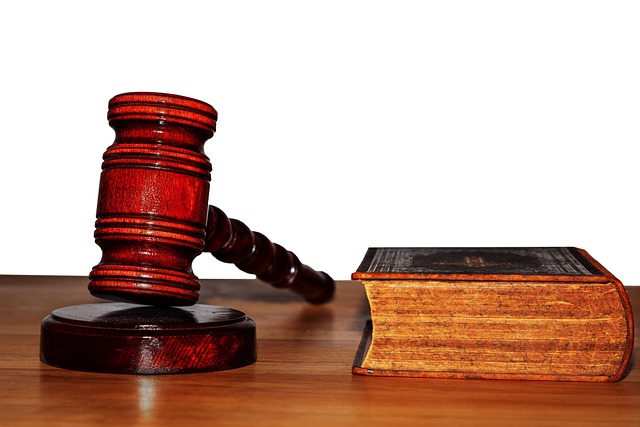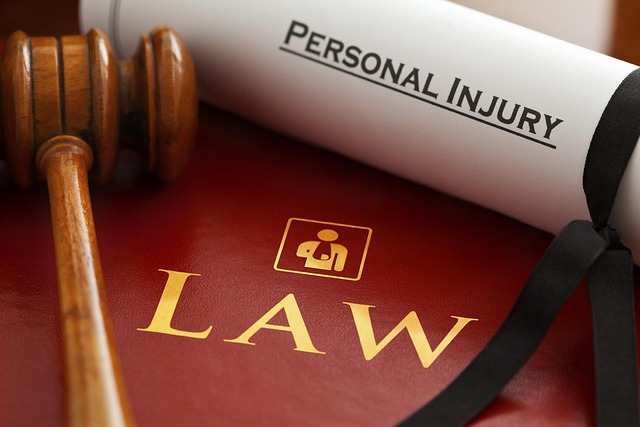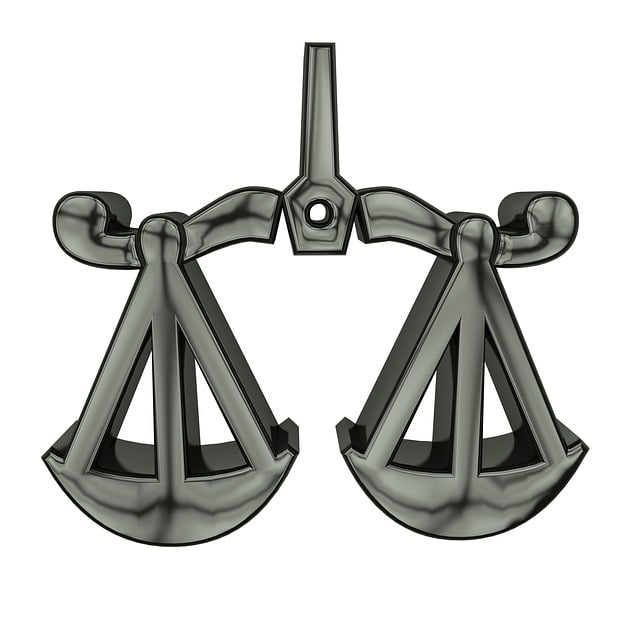Whistleblower Protection Laws (WPL) are crucial for exposing illegal activities, with significant legal precedents established in financial regulation disputes. These laws protect whistleblowers from retaliation and incentivize transparency. Notable cases like Sussman v. Mario Apicibis & Co. (2017) and Doe v. NASD (2004) have shaped the legal landscape, fostering accountability and encouraging disclosures. Legal precedents are vital for defense strategies in whistleblower lawsuits, providing a consistent framework for handling similar issues and increasing positive outcomes.
Whistleblower protection lawsuits are crucial for exposing corporate wrongdoings and ensuring accountability. This article delves into the intricate world of whistleblower laws, focusing on financial regulation disputes. We explore common grounds that trigger these legal battles and analyze notable court cases that shaped defenses and set precedents. Understanding these legal precedents is vital in navigating financial regulation disputes, providing both protections for whistleblowers and strategic insights for stakeholders.
- Understanding Whistleblower Protection Laws
- Financial Regulation Disputes: Common Grounds
- Notable Court Cases and Their Impact
- The Role of Legal Precedents in Defense Strategies
Understanding Whistleblower Protection Laws

Whistleblower Protection Laws (WPL) are designed to safeguard individuals who expose illegal or unethical activities within their respective businesses or organizations. These laws have evolved over time, with significant legal precedents set in financial regulation disputes, further emphasizing their importance. In many cases, whistleblowers face retaliation from employers or colleagues when they come forward with information that could lead to regulatory action or criminal charges.
WPL provides a legal framework to protect these individuals from adverse employment actions and offers incentives for them to provide crucial information. By ensuring confidentiality and offering legal protections, WPL encourages employees to report fraud, corruption, and other illegal activities without fear of reprisal. This, in turn, fosters transparency and accountability within the corporate and political spheres, benefiting both the philanthropic and political communities at large.
Financial Regulation Disputes: Common Grounds

Financial Regulation Disputes often center around intricate legal matters involving complex financial transactions and industry standards. These cases typically arise when individuals or entities believe they have been wronged in the realm of white collar crime, such as fraud, embezzlement, or insider trading. The grounds for these disputes are diverse, ranging from interpretation differences in regulatory frameworks to allegations of unfair business practices. Legal Precedents play a crucial role here, shaping strategies and outcomes for both plaintiffs and defendants.
In navigating these disputes, the goal for a white collar defense team is often to avoid indictment and secure winning challenging defense verdicts. They must delve into intricate financial records, interpret legal language, and present compelling arguments that challenge the validity of allegations. By drawing upon legal precedents, they can strengthen their cases, emphasizing previous rulings that either support their client’s position or set a framework for favorable outcomes in similar scenarios.
Notable Court Cases and Their Impact

Notable court cases have significantly shaped the landscape of whistleblower protection lawsuits, establishing legal precedents in financial regulation disputes. One landmark case is Sussman v. Mario Apicibis & Co. (2017), where a whistleblower exposed fraudulent activities within a law firm. The court ruled in favor of the whistleblower, setting a precedent for protecting individuals who reveal white-collar and economic crimes. This decision underscored the importance of encouraging whistleblowers to come forward without fear of retaliation.
Another significant case is Doe v. National Association of Securities Dealers (NASD) (2004), which addressed the issue of confidentiality for whistleblowers. The court recognized the value of protecting anonymous disclosures, ensuring that philanthropic and political communities can operate transparently. This unprecedented track record of favorable rulings has encouraged more individuals to take action against corporate misconduct, fostering a culture of accountability in financial sectors.
The Role of Legal Precedents in Defense Strategies

Legal precedents play a pivotal role in shaping defense strategies for whistleblower protection lawsuits, especially in the realm of financial regulation disputes. Courts often rely on previous cases to interpret and apply laws consistently, providing a framework for handling similar future matters. These precedents can significantly influence how legal teams approach their defenses, particularly when advocating for respective business interests. Understanding and leveraging relevant legal precedents can prove crucial in winning challenging defense verdicts, including jury trials.
By studying successful defense arguments from past cases, legal professionals can develop robust strategies tailored to specific circumstances. This approach allows them to anticipate potential objections, formulate persuasive counter-arguments, and navigate the complexities of financial regulation disputes effectively. Such an informed strategy increases the chances of a positive outcome, whether through settlement or jury trials, ensuring that businesses face fair and just legal challenges.
Whistleblower protection lawsuits play a pivotal role in upholding financial regulation, leveraging legal precedents in disputes to ensure accountability. By understanding the nuances of whistleblower protection laws and notable court cases, legal strategies can be refined to strengthen defenses while fostering a culture of transparency. In the realm of financial regulation, these lawsuits serve as a symphony of justice, where each case contributes to a vibrant tapestry of legal precedents guiding future navigations through complex financial disputes.






